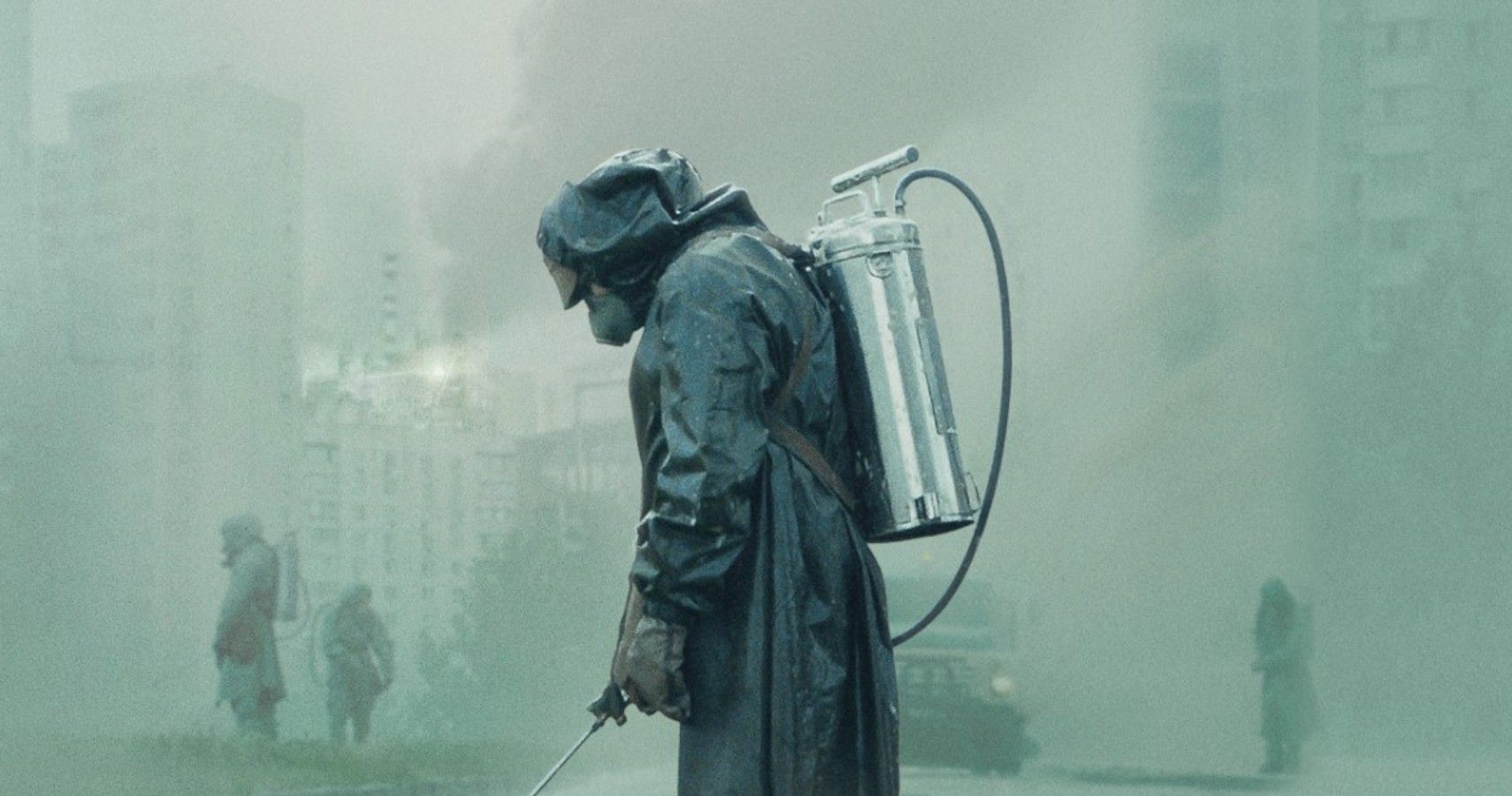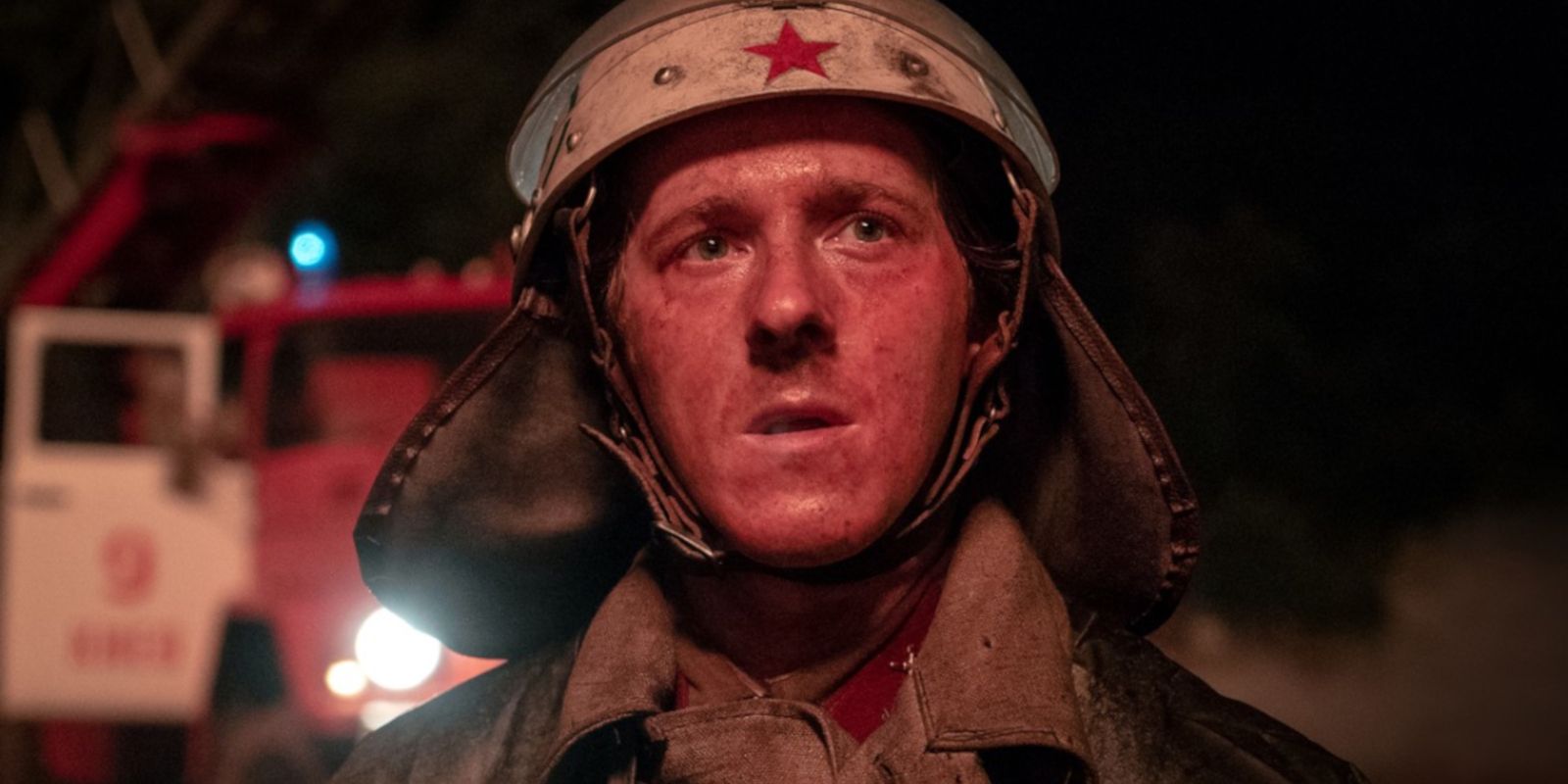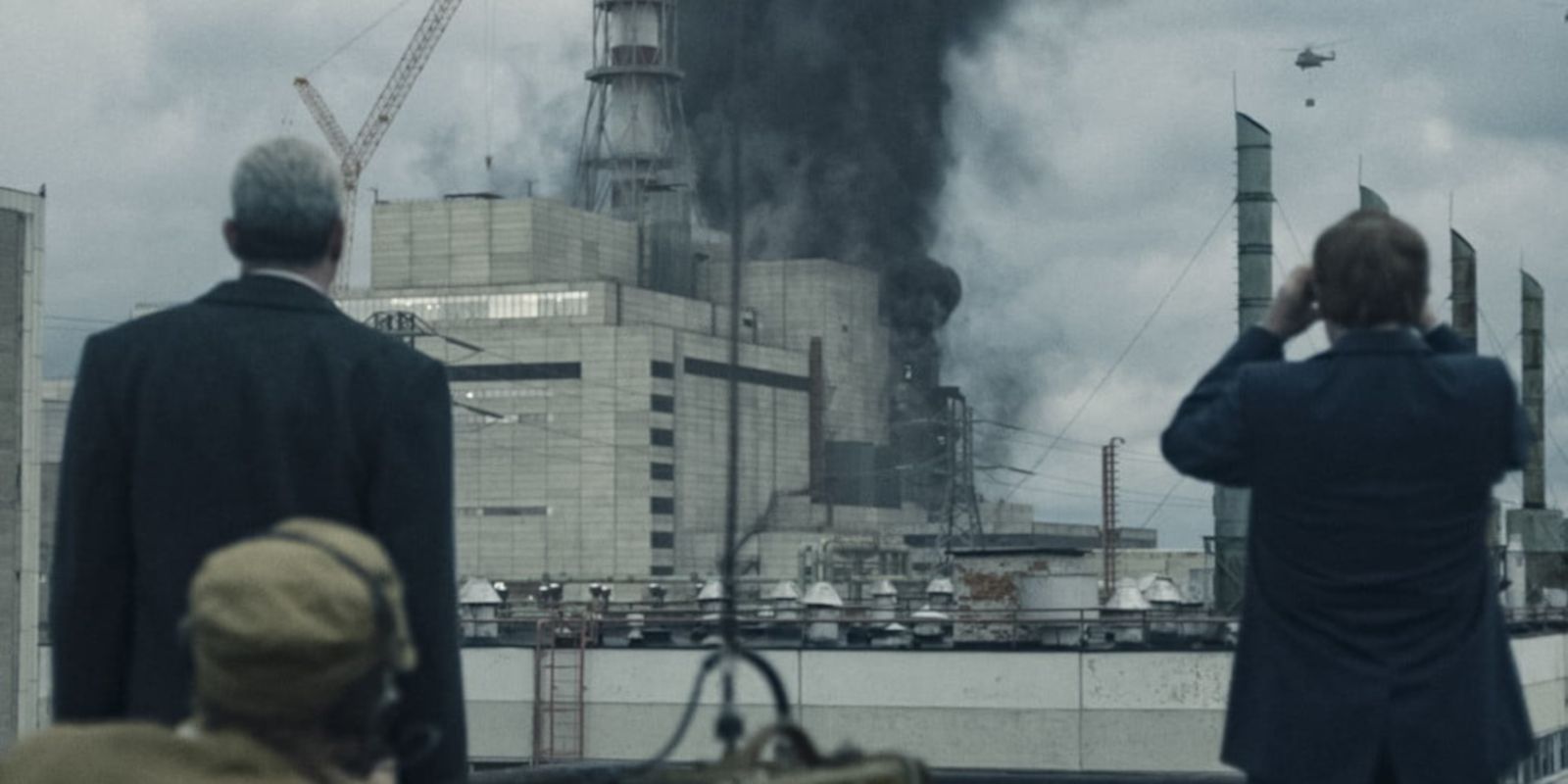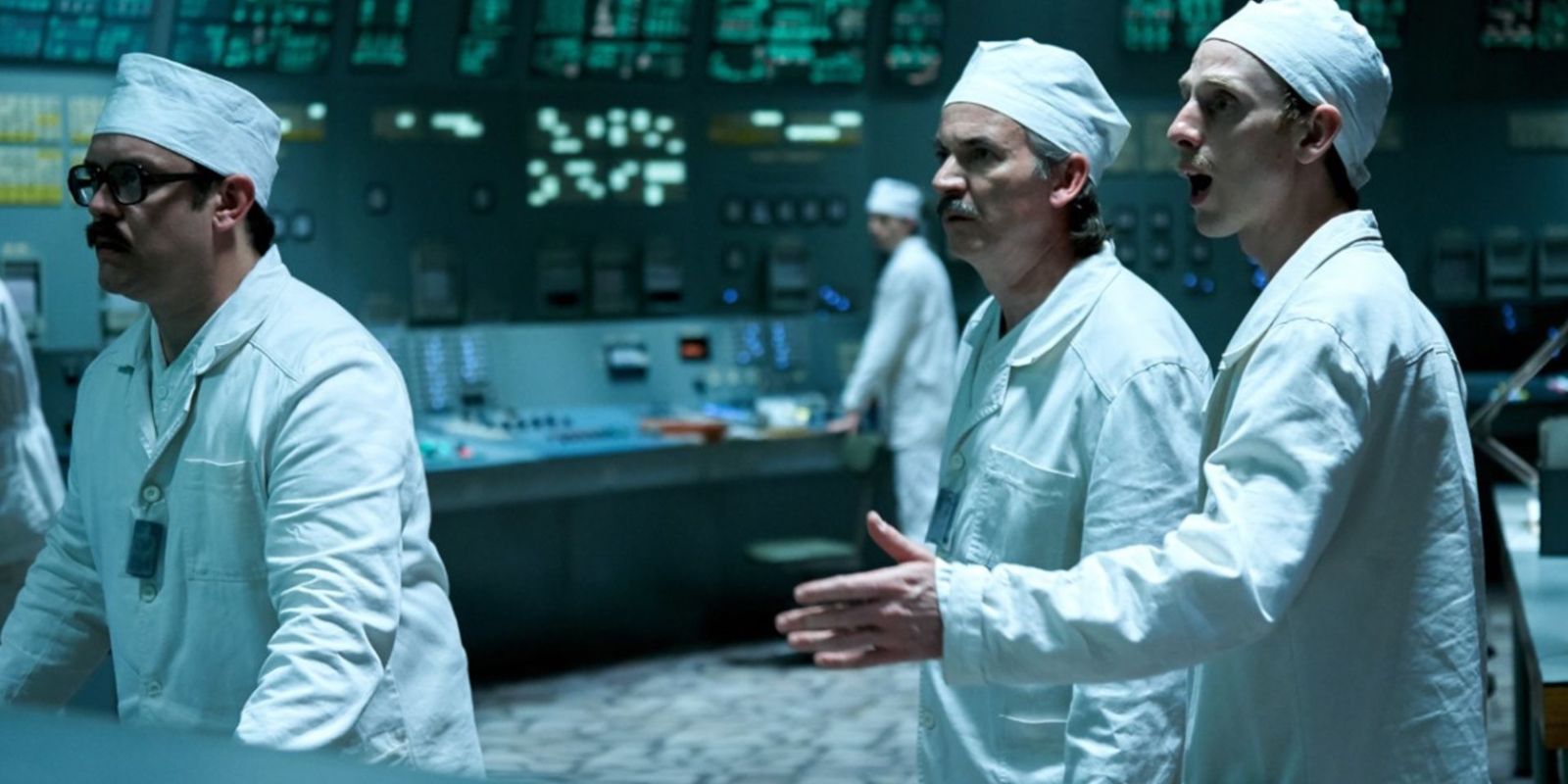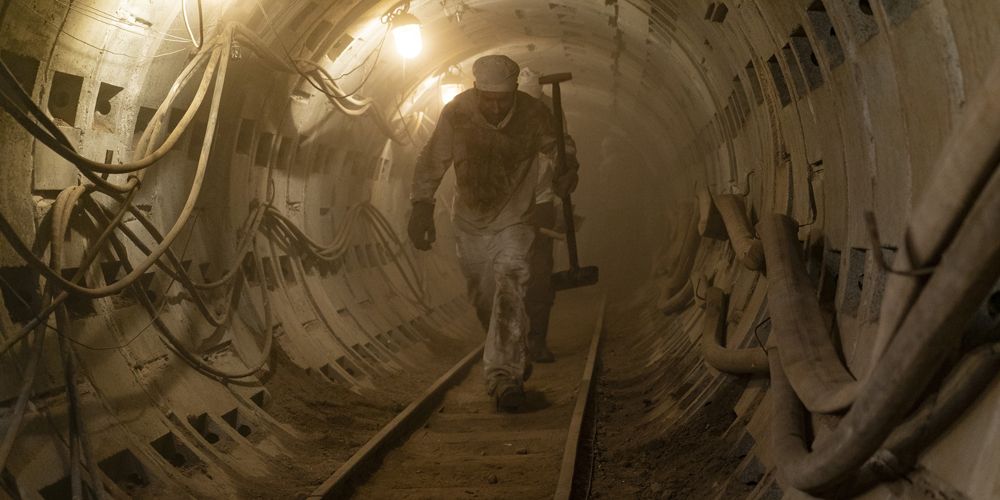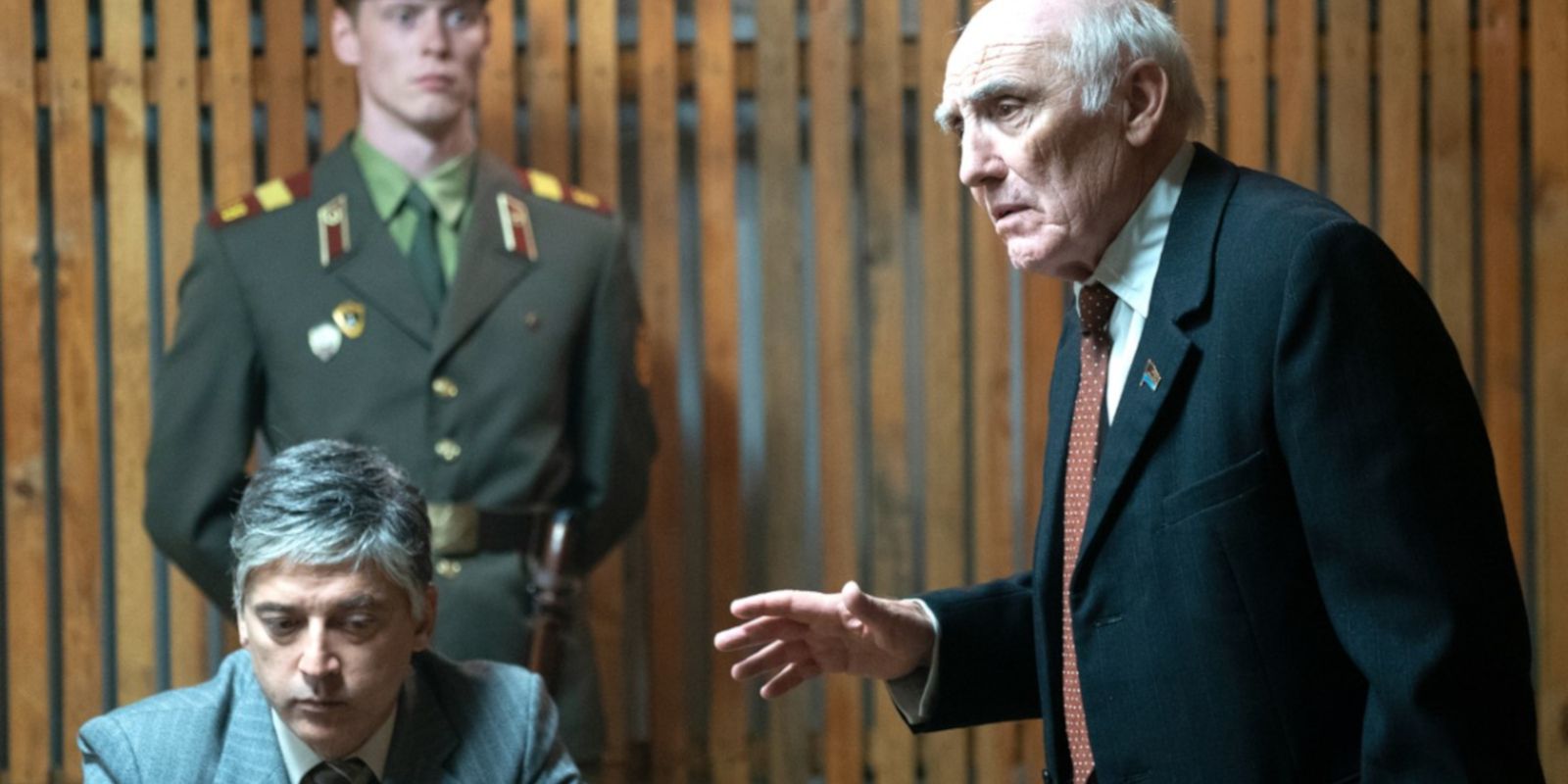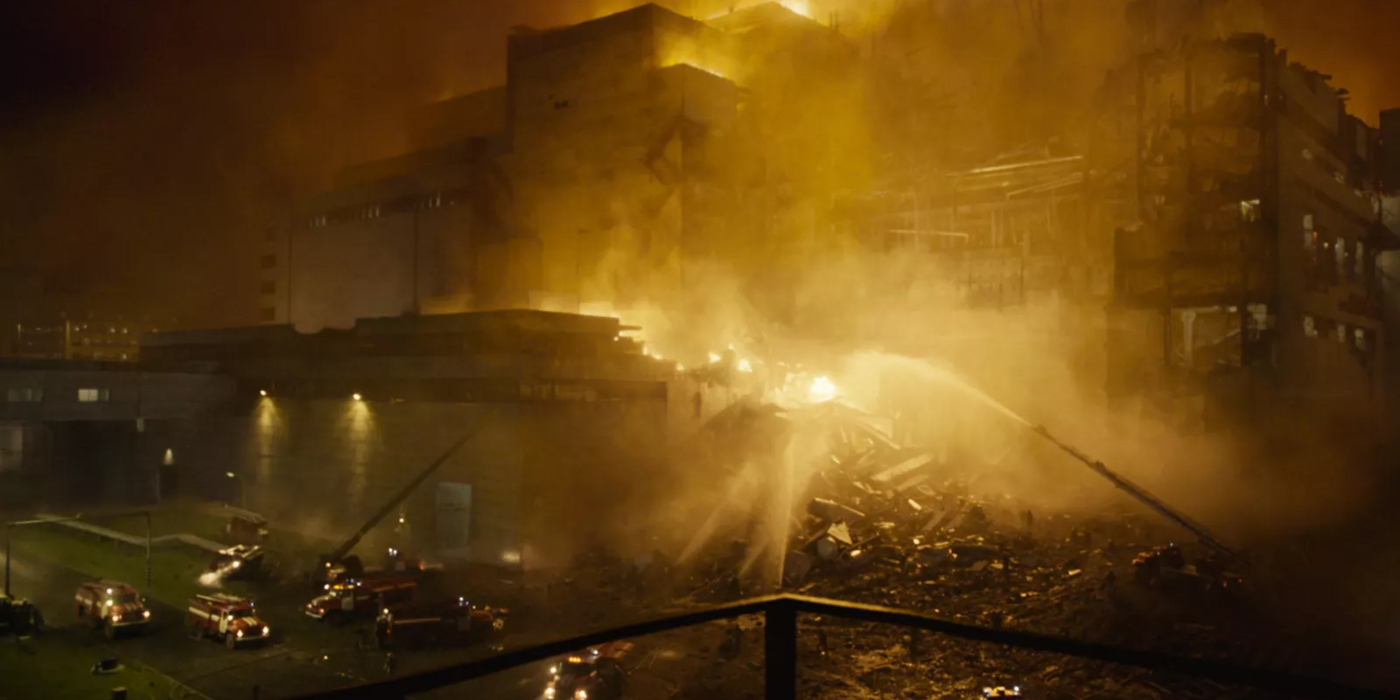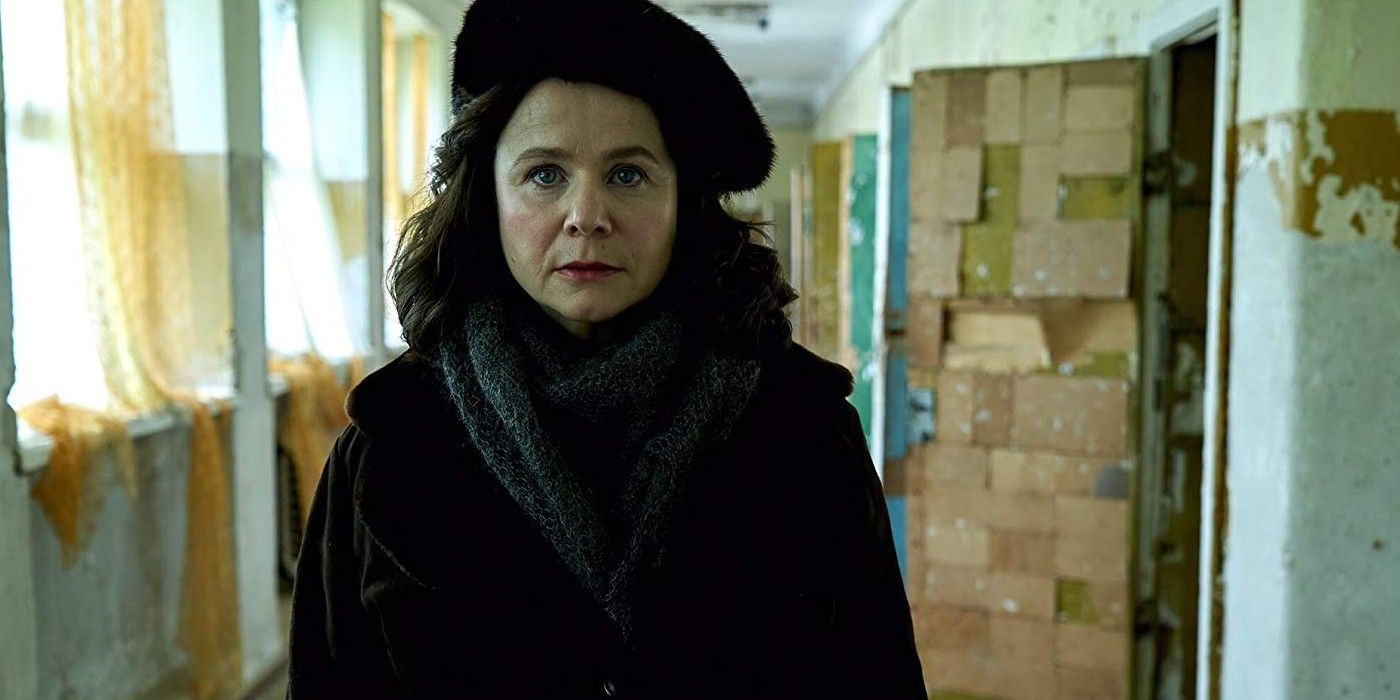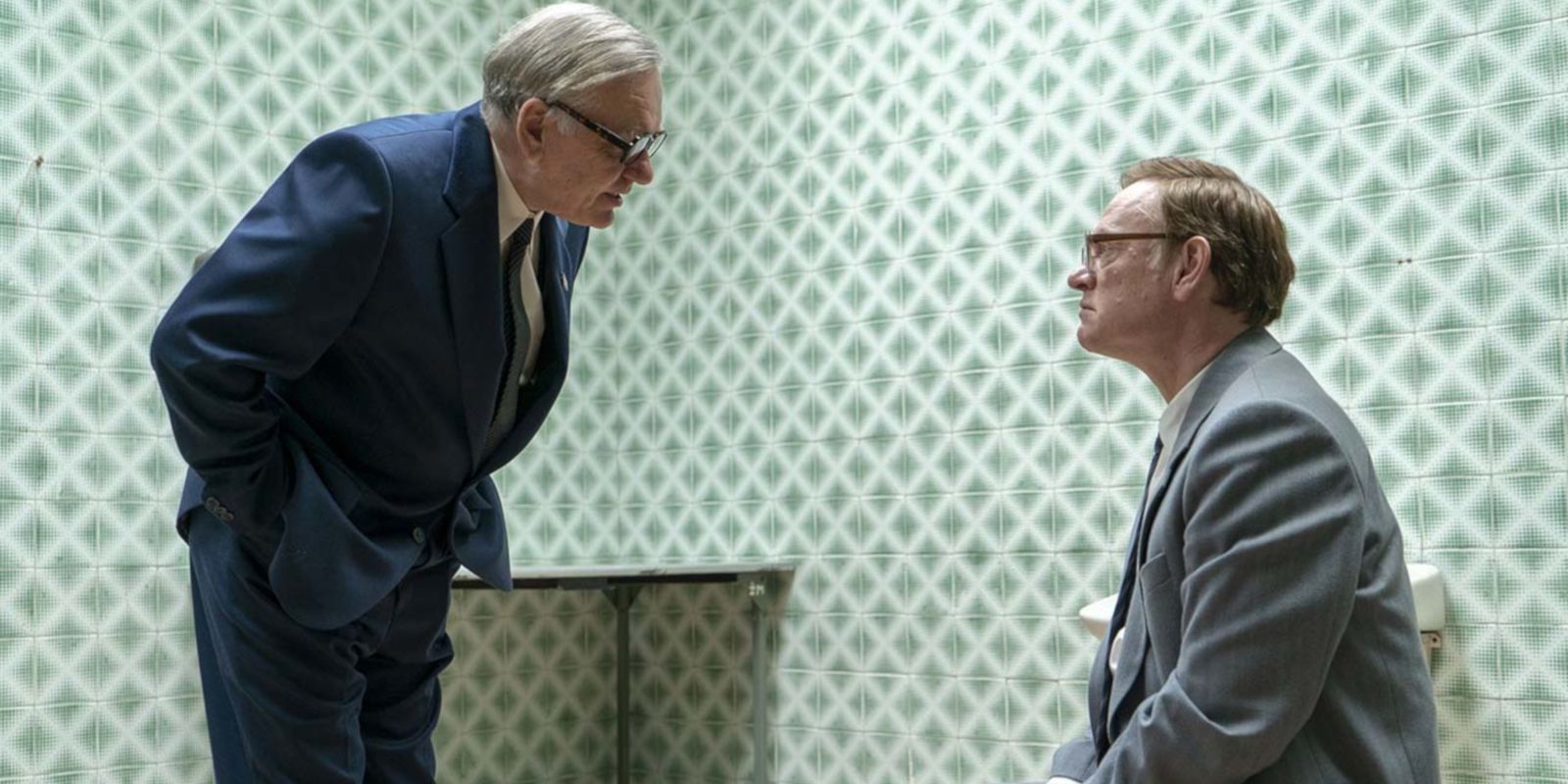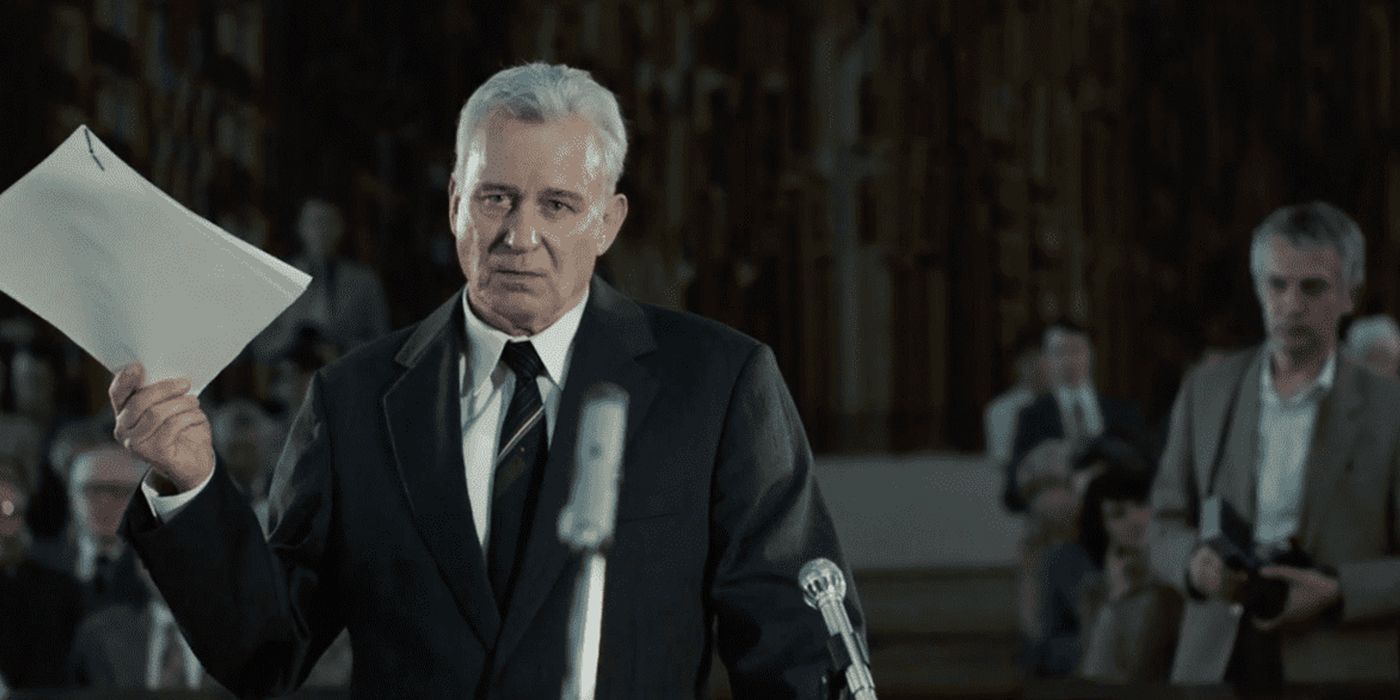The accident at Chernobyl is indisputably one of the most tragic and intense man-made natural disasters in the history of humanity, and HBO somehow managed to to take that real-life tragedy and mold it into one of the best television miniseries ever made.
The story of this nuclear reactor explosion and the incomprehensible cover up and clean up that took place afterwards is one of the most interesting ever told, and the series is full of moments that haven't left it's viewer's minds since the show first aired. But out of this entirely memorable miniseries, here are the 10 best moments.
A Different Kind Of Burn
It's clear from the very start of the series that the vast majority of people who were involved in the Chernobyl accident had no idea what they were dealing with.
But no moment showed that lack of understanding and seriousness of the situation more than when the arrival of the firefighters telegraphed their own impending doom. Watching Vasily's skin almost instantly burn from the radiation poisoning was as terrifying as it was memorable.
The Power Of Radiation
It's almost understandable that so many people were so disbelieving of how bad this situation could really be. Radiation isn't something that anyone can see, so how dangerous could it be?
Well, when the mission to put out the fire begins and one of the helicopters flies too close to the radioactive smoke, the near-instant disintegration of the helicopter's blades puts the fear of god into those unbelievers.
Dyatlov's Bureaucracy
Anatoly Dyatlov is one of the clearest villains in the series, and he's a man who is very easy to hate. But what really stands out about his character is how obviously he represents the sometimes completely thoughtless and illogical nature of bureaucracy.
The entire accident only happened because Dyatlov wanted to complete a test that shouldn't have been done, but it was what he was assigned, and therefore what he was going to do.
The Dirty Work
The coal miners were some of the most memorable supporting characters in the series, but what Chernobyl addresses so excellently that most shows and films would ignore is the minute details that go into correcting an accident of this magnitude.
Watching miners dig trenches and watching random citizens of the USSR kill all of the contaminated animal life in the affected zone is a side effect that most people wouldn't even think of, but is brought to poignant life here.
The Denial
The accident that occurred at Chernobyl itself was, of course, terrifying. But the actual incident was not nearly as frightening as how the government chose to deal with it.
Every government agent with the exception of a few were either in outright denial of the emergency themselves, or they were adamant about covering up the crisis at the potential expense of hundreds, if not thousands or millions, of lives.
The Water Problem
One of the biggest aspects of Chernobyl that made it so uniquely compelling is the way in which it explored the stories of the "little people", those whose names the world might not know but who did something very real to affect change in this emergency situation.
And one of the most visually stunning and emotionally moving moments was when a few Chernobyl employees went into the pitch-dark, flooded building to open some sluice gates and essentially save millions of lives in the process, even if it meant the possible end of their own.
The Damage Done
Scientist Ulana Khomyuk is not a real person, but is instead an amalgam of many of the real-life scientists who worked to minimize the fallout of this crisis.
But one of the most shocking and nightmarish moments of the series is when she goes to speak to the nearly-dead employees who were on shift at Chernobyl that night. Seeing the effects of the radiation burns, as well as one character not even being shown on screen due to his horrifying injuries, is hard to forget.
A Heroic Death
One thing that Chernobyl makes very clear about the USSR is that the citizens are not supposed to question their government.
So the very fact that Valery Legasov did speak up against them says so much, and the fact that he put himself at risk in order to save the world from a cataclysmic tragedy is obviously one of the most inspiring elements of the series. Legasov's suicide, a shocking open to this epic miniseries, is all the more heartbreaking because of it.
Boris Speaks For Valery
Boris Shcherbina is an obvious foil to characters like Valery Legasov and Ulana Khomyuk, because he is a perfect representation of the kind of man who does what he's told without question. He even says himself, that he's just a party man.
So while the rebelliousness of Valery and Ulana is commendable, the fact that Boris speaks up on Valery's behalf in order to get the court to listen to him is an incredibly meaningful moment.
The Cost Of Lies
The miniseries Chernobyl is about a massive scale event, and it really does capture the magnitude of this incident. However, every series needs a theme to hold it together, and Valery Legasov sums up what Chernobyl really means in his courtroom testimony.
Chernobyl occurred for many reasons and because of many people's mistakes, but the true fallout of Chernobyl was the price that had to be paid for lies.

